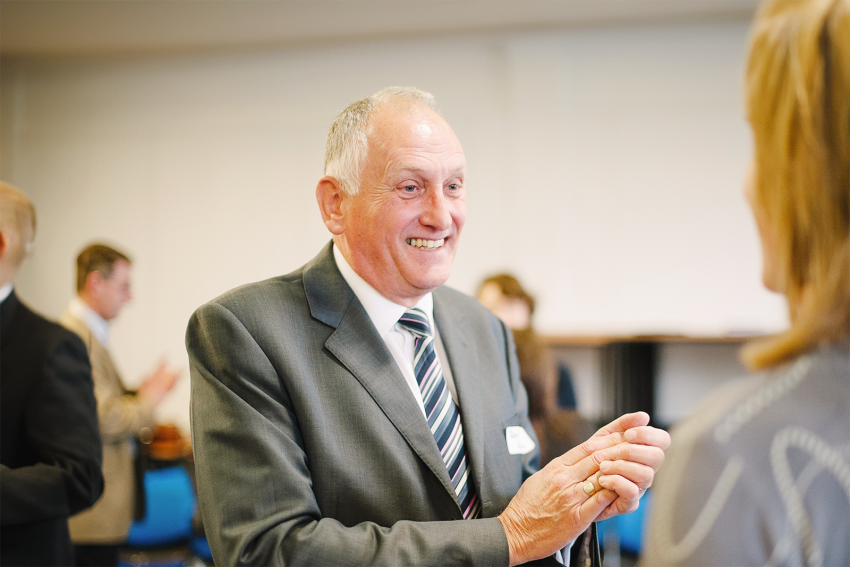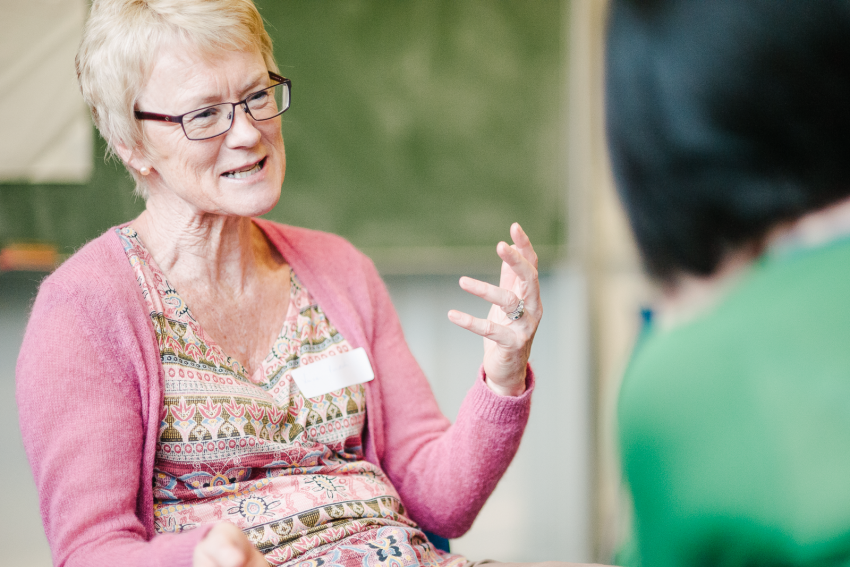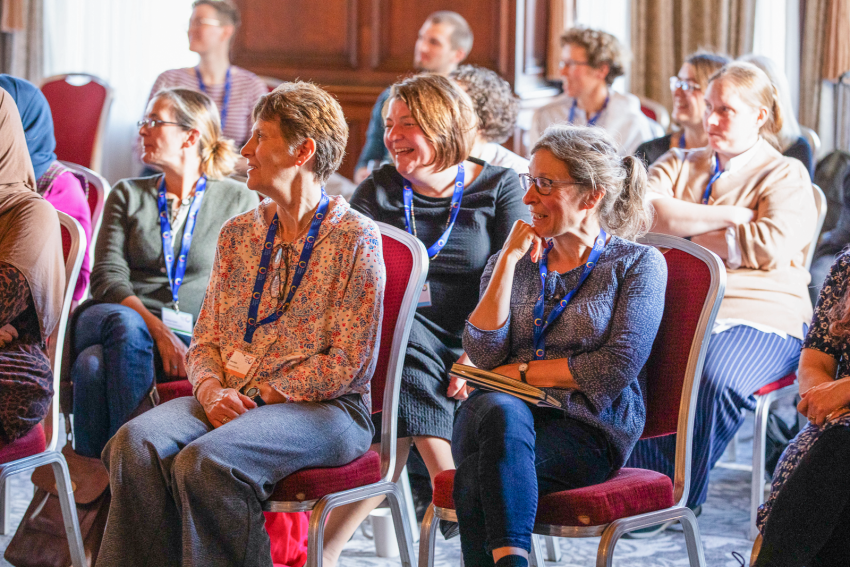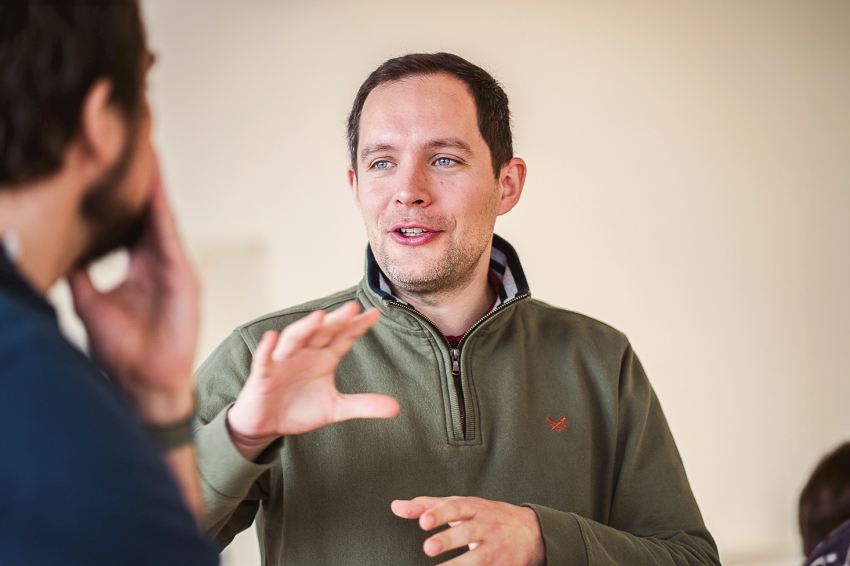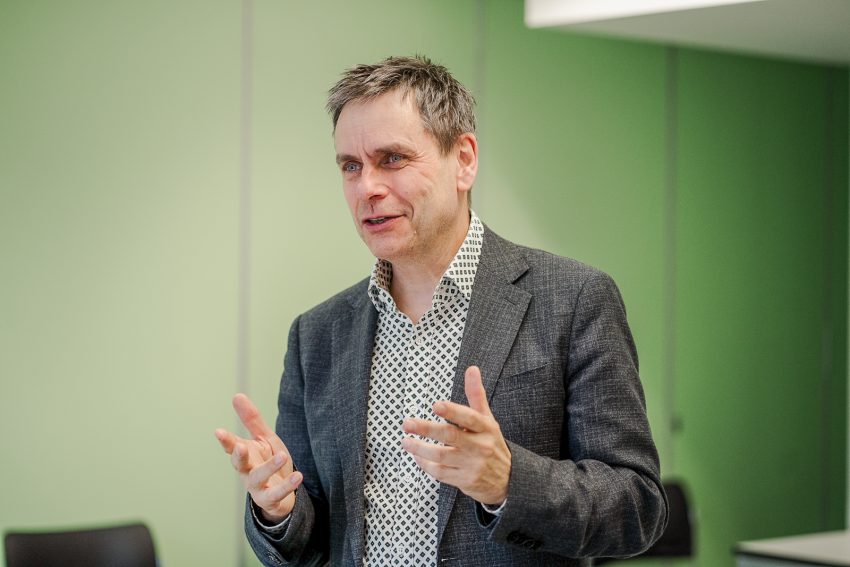Financial constraints … complex change … restructuring – it’s a familiar story in local government. VOX helped a large group of managers prepare for testing times by sharpening communication skills on which so much would depend.
Challenge
An English county council with around 17,000 staff and a budget approaching £1 billion was experiencing a financial squeeze that necessitated a restructuring of its services and staff. There was widespread consternation among the workforce as they saw old certainties fading and job security slipping away. A large group of senior managers faced the prospect of leading the organisation through a long period of complex change in an often gloomy and occasionally febrile atmosphere.
The council was keen to bolster its managers’ capacity to handle this challenge. Managers had to be able to motivate their staff despite the circumstances and thereby safeguard service delivery. They also had to be able to deal effectively with performance issues and to prepare staff for a different style of local government.

Solution
VOX Coaching was engaged to contribute to the council’s leadership and management development programme. The task was to run a day-long masterclass for 80 managers at the sharp end of the change process. Using specially-designed scenarios that were resonant for the participants, VOX explored a range of the challenges they would encounter in the coming months. These included:
- Encouraging a team that has become demotivated
- Dealing robustly but fairly with lapses in performance
- Managing active and passive resistance to change
- Having difficult conversations that end productively
- Gaining buy-in to new ways of working
- Enabling staff to embrace the future rather than dwell on the past
The masterclass was a chance for managers to discover communication techniques that would strengthen their arm in a variety of situations. These techniques were grounded in established theory; they were also immensely practical and capable of immediate application. Importantly, the masterclass was energetic and fun– a world away from the dull plod through PowerPoint that constitutes some training.
Results
There’s no way of knowing for sure what difference the masterclass made in the long term. However, the feedback showed that the participants were glad to have taken this time out for an honest and engaging exploration of topics that were of pressing concern to them, and to acquire or sharpen skills that would stand them in good stead during a difficult period. They said they felt more confident and upbeat about the future.
It was also apparent that a useful by-product of the masterclass was a stronger bond between those who attended. There was greater unity of purpose and increased collective resolve.
What our clients say
I have been pleased to work with VOX Coaching since 2007 … Pete Bailie and his colleagues work very professionally and have engaged wholeheartedly in meeting our needs and designing material to our briefs.
[The] interpretation of the brief, tailoring of content and varied delivery made for a productive and enjoyable event … I wouldn’t hesitate to use Pete or VOX again.
… an inspiring coach who makes an enduring difference to the way people communicate, lead and manage.
Participants find the sessions great fun, and at the same time are amazed at how blind they might have been to their own and others’ behaviours, be it in a meeting, or relationships with junior or senior colleagues.
On the day of the interview I was barely nervous (which is very unusual for me), very confident and performed very well…in fact I would say ended up enjoying it. They have awarded me a fellowship, so it must have worked!
I had a fantastic experience with VOX Coaching … in preparation for interviews for large grants from research councils. In simple words, without [their] help, it would have been very challenging to perform well at the interview.
I attended a one-day group session … in preparation for a funding interview. Pete has a great understanding of the academic funding landscape, which helped demystify the process for me and my fellow attendees. I would highly recommend.
Transformational, inspiring and fun … Liberating that inner voice, being able to ‘read’ body language and vary styles of communication are the secrets this course unlocked for me.
… the single best presentation & communication skills trainer I have ever worked with. Deeply knowledgeable, personable, adaptable, and infectiously enthusiastic about his subject.
Six months after my last coaching session with Pete I am still applying what I learnt. Pete is a creative coach with an inspiring array of tools and experience to call upon when coaching clients. Our sessions were focussed, creative and challenging, helping me to target those areas of my professional life I want to develop further.

